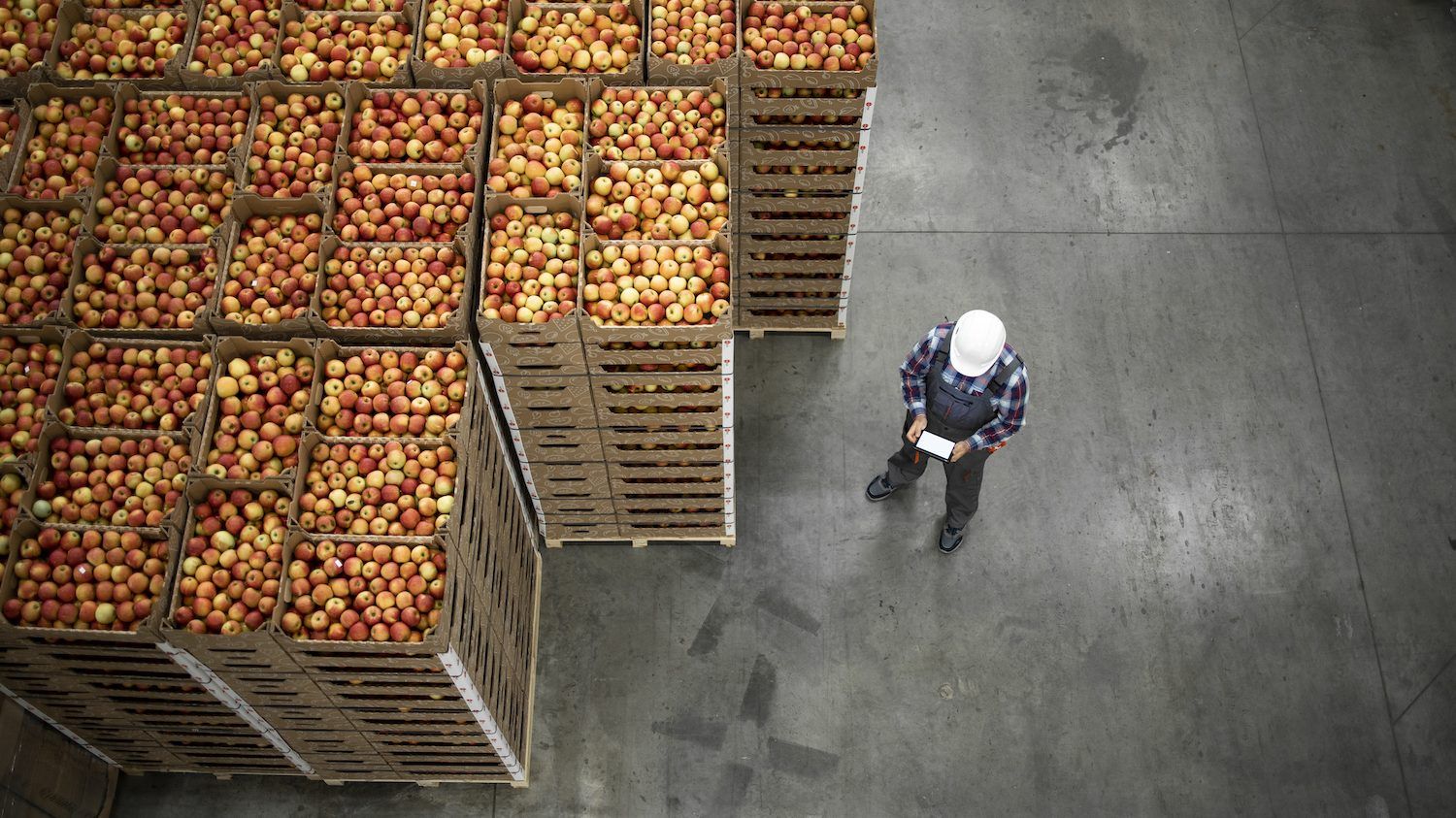the ewg itself acknowledges the importance of eating lots of fruits and vegetables, organic or not. it even posts a “
clean fifteen” list of produce with little to no pesticide residue.
the many myths of organic food
a popular myth is that organic farmers do not use pesticides. they do, but they’re derived from natural sources, such as vinegar, soaps or sulfurs. what they can’t use are synthetic pesticides, according to
organic alberta, including the herbicide glyphosate (trade name round-up), which some studies have linked to an increased risk of cancer.
keith currie, vice-president of the
canadian federation of agriculture, and an eighth-generation dairy and cash crop farmer in simcoe, ontario, says it’s not necessarily the chemical, but how the chemical is used.
“part of my operation is certified organic and i have access to a product, copper sulphate, which is one of the most toxic substances in the world, yet it’s approved for organic farming,” he says. “but when you use it the right way, it’s not toxic.”
another myth is that organic produce tastes better than conventionally grown.
“there is a difference in taste [determined by the] degree of ripeness and how soon you eat it after picking,” says schwarcz. “organic produce at your local market may taste better, [but] buying anything at your local market may taste better because it’s fresher.”
 6 minute read
6 minute read



















